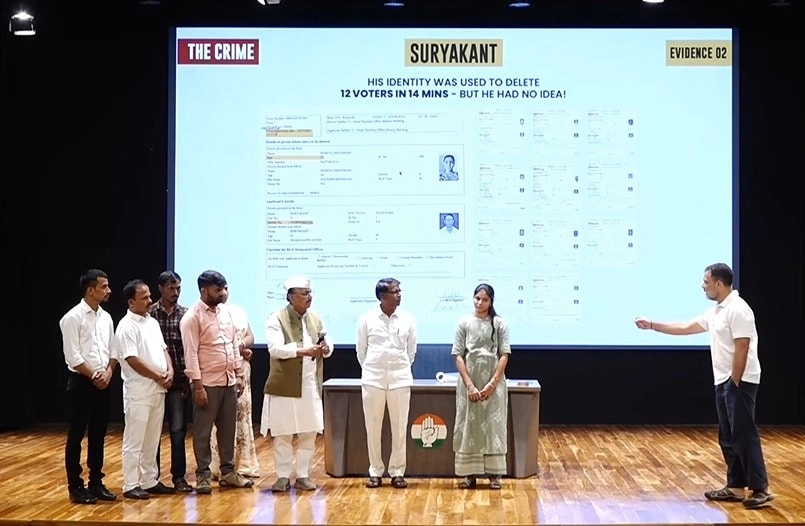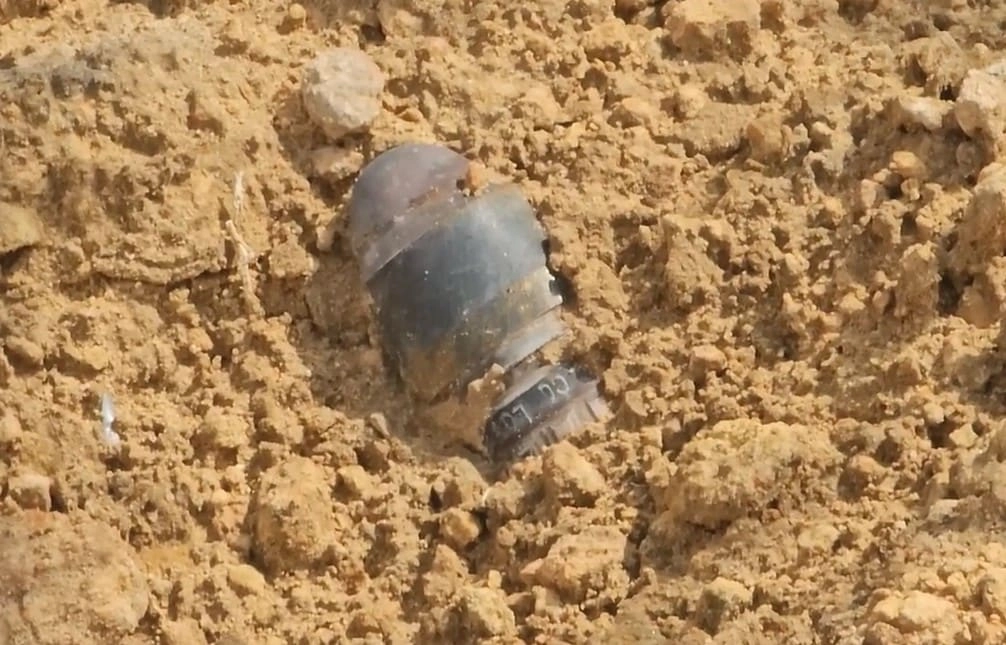Rahul Gandhi has once again stirred the political pot with his recent comments regarding alleged electoral malpractices, which he has termed as “Vote Chori.” In a highly charged statement, the former president of the Indian National Congress hinted at a significant upheaval in the political landscape, likening the anticipated consequences of these alleged discrepancies to a “Hydrogen Bomb.” This metaphor serves to emphasize the gravity of his claims, suggesting that the fallout from these electoral irregularities could be explosive, leading to far-reaching implications for the current political scenario in India.
The term “Vote Chori” encapsulates Gandhi’s assertion that the integrity of the electoral process is under threat. He has positioned himself as a defender of democracy, urging citizens to stay vigilant and engaged in safeguarding their voting rights. By framing his argument in such dramatic terms, Gandhi aims to rally support and heighten awareness among the electorate about the potential risks posed by corrupt practices. His remarks resonate with a growing concern among various political factions and the public about the fairness of elections in India, especially in light of recent controversies surrounding the electoral process.
Gandhi’s comments also come at a crucial time as the country gears up for upcoming elections, where the stakes are particularly high. The political narrative in India has been increasingly polarized, and accusations of vote manipulation are likely to intensify as parties vie for power. By invoking imagery associated with a nuclear device, Gandhi not only draws attention to his claims but also seeks to position himself as a key player in the fight for electoral integrity. His approach reflects a strategic attempt to galvanize support by addressing the fears and frustrations of voters who may feel disillusioned by the current political climate.
As the discourse surrounding electoral transparency continues to evolve, Gandhi’s bold statements may serve to ignite further debates about the mechanisms of democracy in India. The implications of his “Hydrogen Bomb” analogy could resonate beyond the political arena, influencing public sentiment and voter turnout in the upcoming elections. Whether his assertions will lead to tangible changes in the electoral process remains to be seen, but they undoubtedly add a layer of complexity to the already intricate dynamics of Indian politics.




